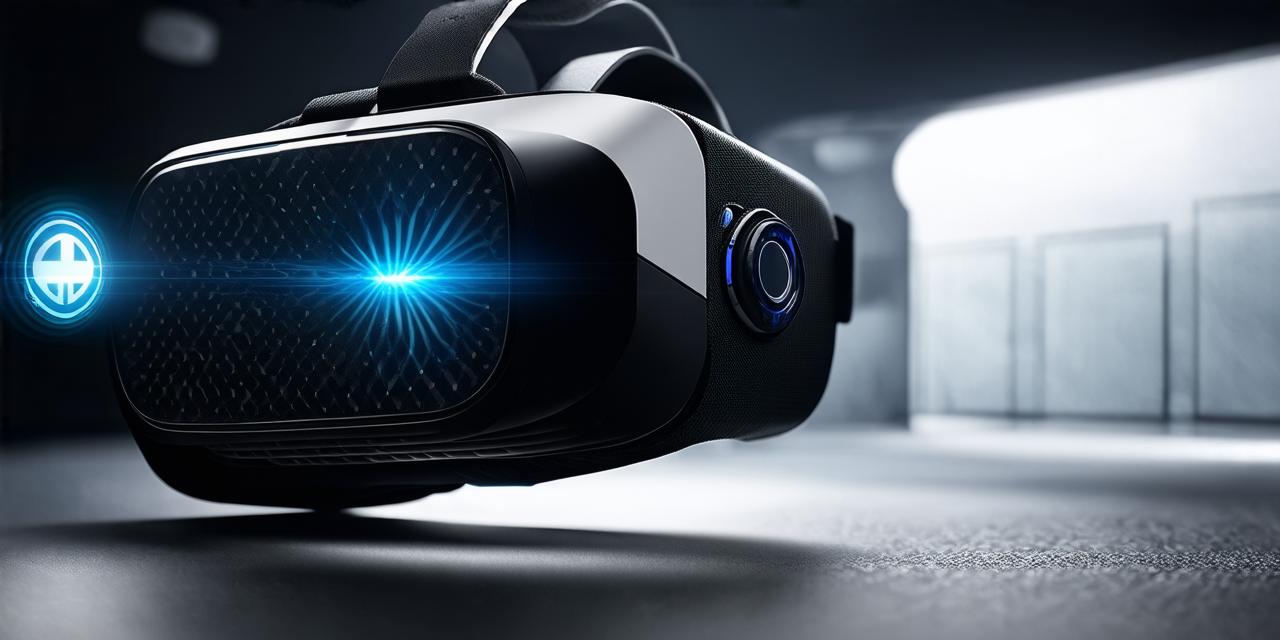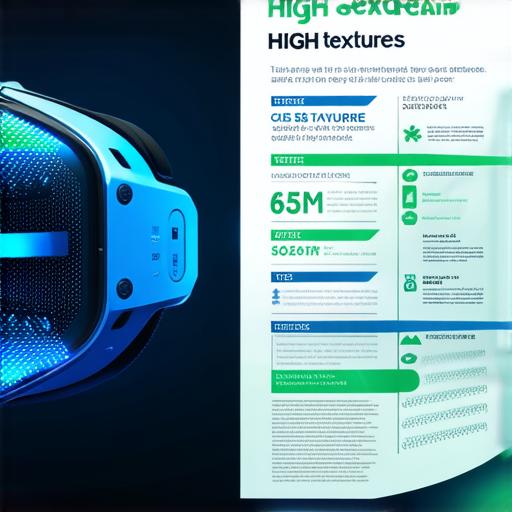
What is the definition of virtual reality and how is it applied in various fields?
Here’s the corrected HTML code for the article:
Virtual reality (VR) is a technology that allows users to experience a computer-generated simulation of the real world. It involves the use of special headsets or displays that track the user’s movements and adjust the image in real-time, creating an immersive and interactive experience.

Applications of Virtual Reality
Virtual reality has a wide range of applications across various industries. Here are some examples:
-
Entertainment: Virtual reality is used in gaming and entertainment to create immersive experiences for players. It allows users to step into the game world and interact with the environment and characters, creating a more engaging and realistic experience.
-
Education: Virtual reality can be used in education to provide students with a more interactive and engaging learning experience. It allows students to explore and learn about different subjects in a more immersive and hands-on way. For example, virtual reality can be used to simulate historical events or scientific experiments.
-
Training: Virtual reality is also used for training purposes, particularly in industries such as healthcare and military. It allows trainees to practice skills in a safe and controlled environment, reducing the risk of injury or damage to equipment.
-
Architecture and Design: Virtual reality can be used in architecture and design to create 3D models of buildings and structures, allowing architects and designers to visualize and test different designs before they are built.
-
Real Estate: Virtual reality can also be used in real estate to provide potential buyers with a virtual tour of properties, allowing them to see the property as if they were actually there.
The Future of Virtual Reality
Virtual reality is an exciting technology that has the potential to revolutionize many industries. As the technology continues to advance and become more accessible, we can expect to see even more applications for virtual reality in the future. Some experts predict that virtual reality will become a common tool in education, healthcare, and other fields, allowing us to experience and interact with the world in new and exciting ways.
Conclusion
Virtual reality is a revolutionary technology that has the potential to change the way we interact with the world around us. Whether you are a gamer, student, or professional, virtual reality can provide you with an immersive and interactive experience that will engage and excite you. As the technology continues to advance, we can expect to see even more applications for virtual reality in the future. So, whether you are looking for entertainment, education, or training, virtual reality is a technology that is definitely worth exploring.


